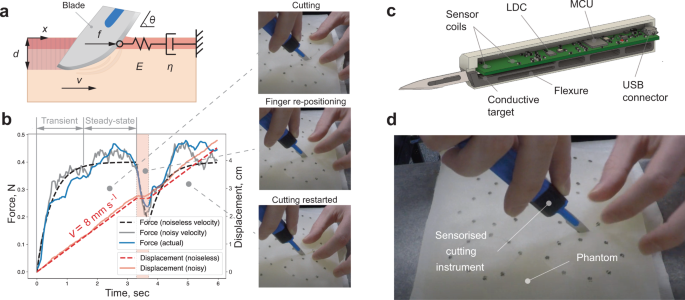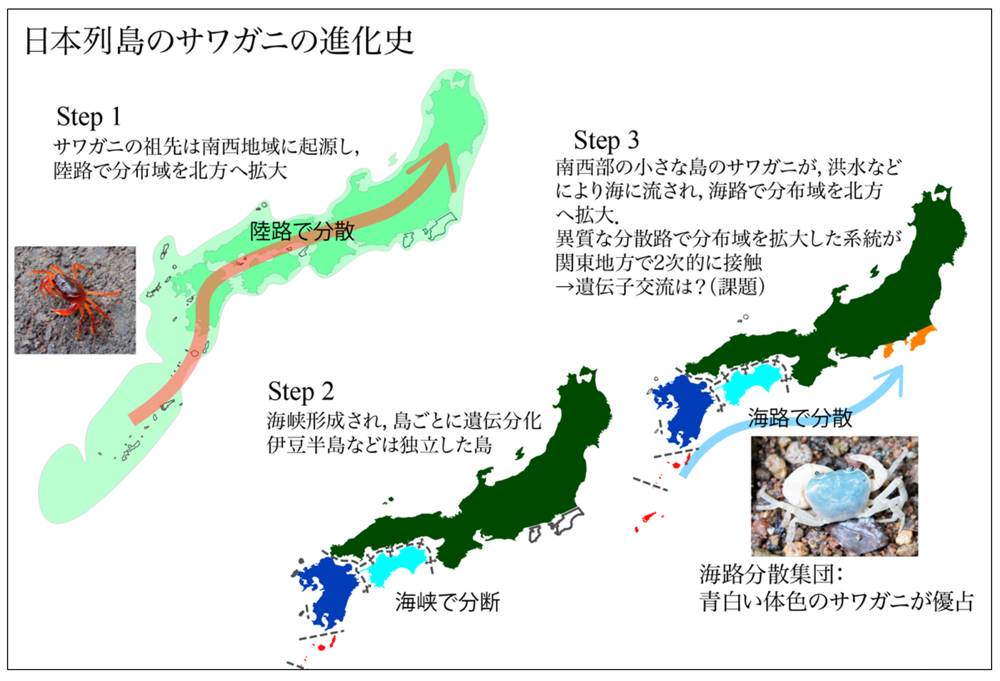2023-10-10 バージニア工科大学(VirginiaTech)
 Alexandra DiFeliceantonio, assistant professor at the Fralin Biomedical Research Institute at VTC, joined researchers from the United States, Brazil, and Spain in calling for more research into ultra-processed food in an analysis published Oct. 10 in a special edition of the British Medical Journal. Photo by Clayton Metz for Virginia Tech.
Alexandra DiFeliceantonio, assistant professor at the Fralin Biomedical Research Institute at VTC, joined researchers from the United States, Brazil, and Spain in calling for more research into ultra-processed food in an analysis published Oct. 10 in a special edition of the British Medical Journal. Photo by Clayton Metz for Virginia Tech.
◆この研究は、超加工食品中の食品添加物の役割についても注目し、食品中毒の診断基準を検討しています。また、超加工食品の中毒は国によって異なり、食品中毒性を認識することが社会正義、臨床ケア、公共政策に新たなアプローチをもたらす可能性があると述べています。超加工食品の研究と科学の推進が必要であり、アメリカではこれらの食品がカロリーの58%を占めるにもかかわらず、まだ多くの未解明の点があるとしています。
<関連情報>
- https://news.vt.edu/articles/2023/10/research_fralinbiomed_upffoodforthought_1010.html
- https://www.bmj.com/content/383/bmj-2023-075354
超加工食品中毒の社会的、臨床的、政策的意味合い
Social, clinical, and policy implications of ultra-processed food addiction
Ashley N Gearhardt,Nassib B Bueno,Alexandra G DiFeliceantonio,Christina A Roberto,Susana Jiménez-Murcia,Fernando Fernandez-Aranda
Food For Thought Published:09 October 2023
DOI:https://doi.org/10.1136/bmj-2023-075354
Conceptualising ultra-processed foods high in carbohydrates and fats as addictive substances can contribute to efforts to improve health, argue Ashley Gearhardt and colleagues
The scientific understanding of addiction is evolving. Although addiction to certain foods is not included in diagnostic frameworks such as the Diagnostic and Statistical Manual of Mental Disorders (DSM-5), research on this topic has grown rapidly in the past 20 years. Much of this research uses the Yale Food Addiction Scale (YFAS), which was developed to measure food addiction by assessing DSM-5 criteria for substance use disorder in the context of food intake (box 1).1 4
Box 1
Yale Food Addiction Scale (YFAS)
- The Yale Food Addiction Scale assesses all 11 symptom criteria for substance use disorder in DSM-5, including diminished control over intake, cravings, withdrawal, and continued use despite negative consequences1 2
- A substance use disorder is defined as the presence of two or more symptoms in the past year and clinically significant impairment or distress2 3
- The YFAS has undergone rigorous psychometric testing and has strong internal consistency and test-rest reliability, as well as convergent, discriminant, and incremental validity1 4
- It has been translated into over 12 languages, such as Spanish, Persian, and Chinese, and these versions also show strong psychometric properties5 6 7
A recent analysis of two systematic reviews including 281 studies from 36 different countries found the overall pooled prevalence of food addiction using YFAS was 14% in adults and 12% in children.8 9 This reported prevalence is similar to the levels of addiction seen for other legal substances in adults (eg, 14% for alcohol and 18% for tobacco),10 11 but the level of implied addiction in children is unprecedented. In populations with defined clinical diagnoses, YFAS identified prevalence of food addiction reaches 32% in people with obesity having bariatric surgery,12 and over 50% in those with binge eating disorder.8 Food addiction based on the YFAS is also associated with core mechanisms of addiction, such as reward related neural dysfunction, impulsivity, and emotion dysregulation, as well as poorer physical and mental health and lower quality of life.1 13 14 15 Thus, there is converging and consistent support for the validity and clinical relevance of food addiction; what remains a more open question is the types of foods that are addictive. Despite the uncertainty, classifying foods as addictive could stimulate research and shift attitudes to regulation.


